17 departments conduct research on campus
Student research that began at Concordia over the summer is starting to take off. The kinds of research conducted by Concordia students ranges from assisting in writing textbooks, to traveling to a dinosaur dig site in Montana.
Siri Manning, a senior political science major, was involved in student research in the English department over the summer. She is currently assisting Dr. Steinwand, chair of the English department, with putting together an anthology of environmental justice poetry. Steinwand is hoping to use it in next semester’s Global Literature and Environmental Justice class.
Manning says that their research started in May. She and Kirsten Lusty, junior English literature major, have been reading poems and picking out appropriate ones that relate to environmental justice.
“We’ve read around 1,200 poems so far,” Manning said. “It’s been a long but rewarding process, with a lot of fun and tedious work.”
According to Susan Larson, Concordia’s director of undergraduate research, there are three different domains to student research: intellectual, professional and personal. Learning about their field provides students with intellectual gain. Professional gains run more along the lines of developing a clear career path and career goals. Personal gains include learning to tolerate obstacles, work in teams and solve problems.
There is research being done all across campus, occurring in more than 17 departments. The department that does the most research is biology, which also has the most funding. There is a lot more money set aside for scientific research, especially for summer programs. Over 50 students participated in student research over this last summer.
Pete Johnson, senior biology major, has been doing several different kinds of research in the science department. Johnson spent time this past summer in Costa Rica gathering roots of coffee plants with the goal of finding a specific kind of fungus called arbuscular mycorrhiza.
After spending two weeks in Costa Rica, Johnson came back to campus and has been doing research to determine what kind of species they are looking at. They have been using machines called thermal cyclers to amplify the DNA in order to make it easier to send off to companies.
Johnson said that he has had a very positive experience with his student research at Concordia.
“I really like how Concordia has the research set up. You get to work with a faculty member and they guide you through the process without really doing the work for you,” Johnson said.
Johnson also participated in a dinosaur dig this past summer in Hell Creek, Mont.
“We learned about the geography of the area and examined different species of dinosaurs, which we identified based on parts of the bones that were found,” Johnson said.
Eight to ten students are chosen to participate in the dinosaur dig every summer. Unlike the fungus research Johnson is doing, the dinosaur dig was pretty low tech. The students used dental tools such as toothbrushes, wire brushes and superglue to uncover the bones.
A big find from the dinosaur dig was a triceratops bone, which the students are currently working on to determine the size of the dinosaur it came from.
There are multiple avenues for securing research funds. There are research grants, which vary from $400 to 500. There is money that comes from the student government undergraduate research fund, as well as from external grants. Students can also receive grants by presenting their research proposals at conferences.
The Celebration of Student Scholarship is one avenue for students to present their research work. The campus event will take place Apr. 9, 2014 and gives students an opportunity for students to present their research in a professional environment and educate others on the kinds of work they can do on campus.
This year the Celebration will run on a similar schedule as Symposium, in which all classes are canceled so students can have the opportunity to go to the event.
“We are trying to get more information to students,” Larson said.


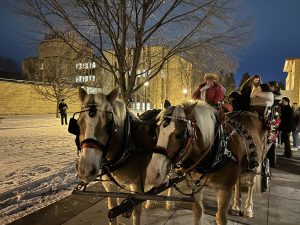
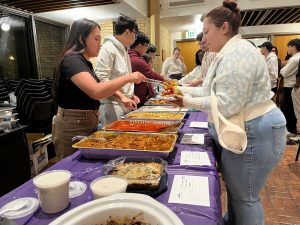
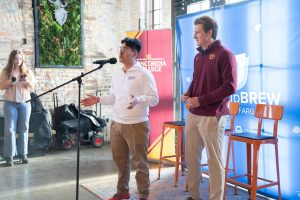
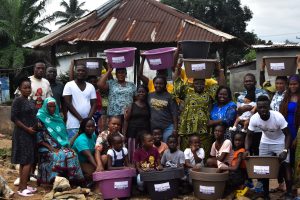
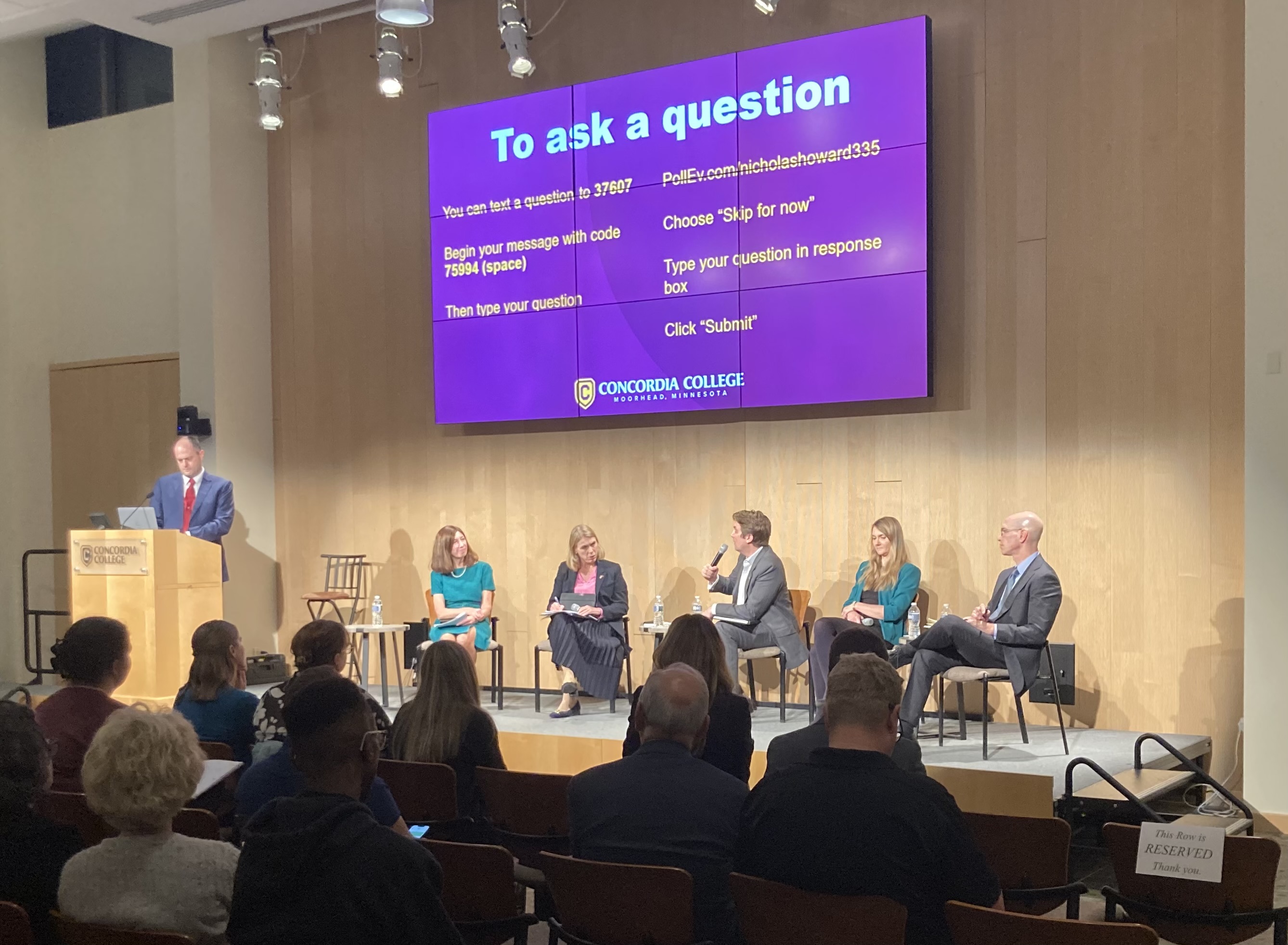
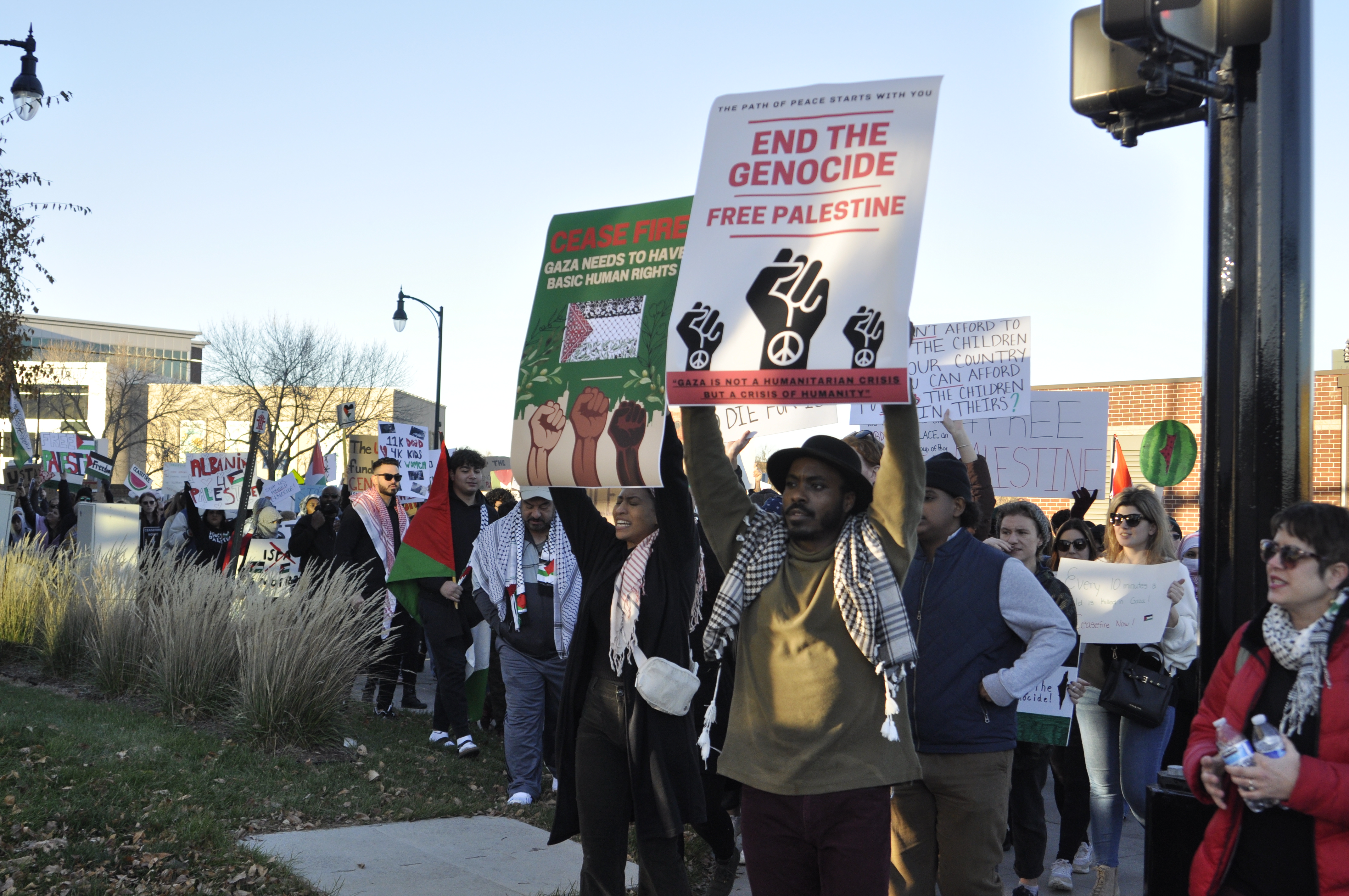
Be First to Comment